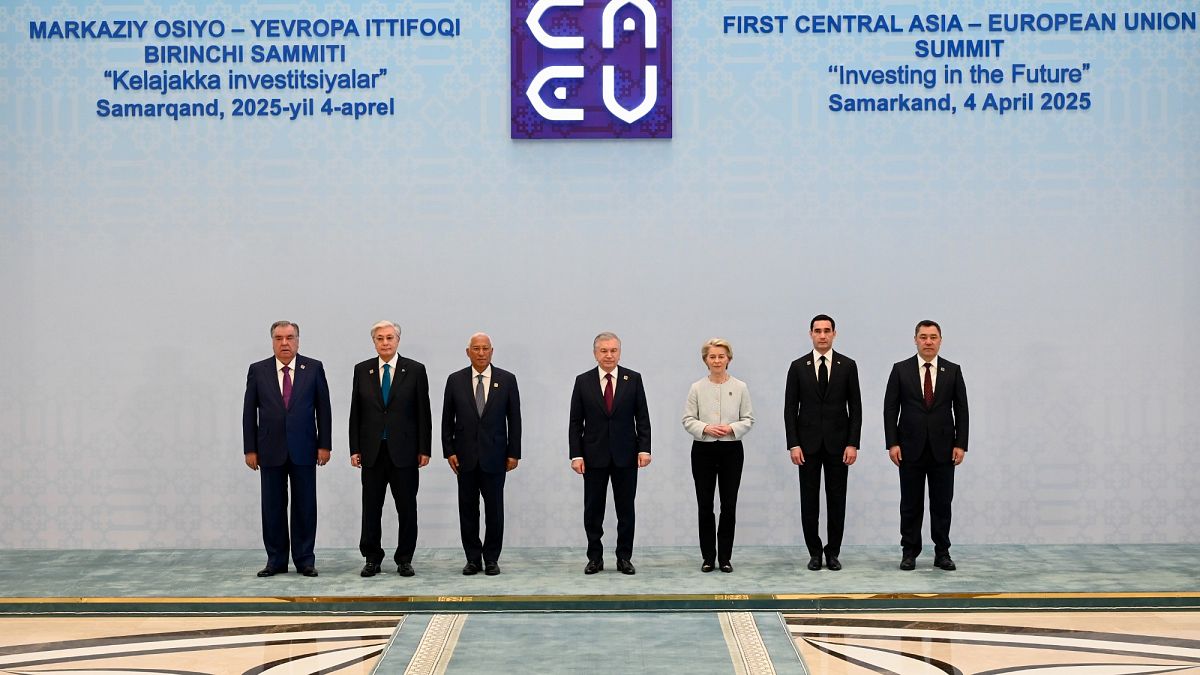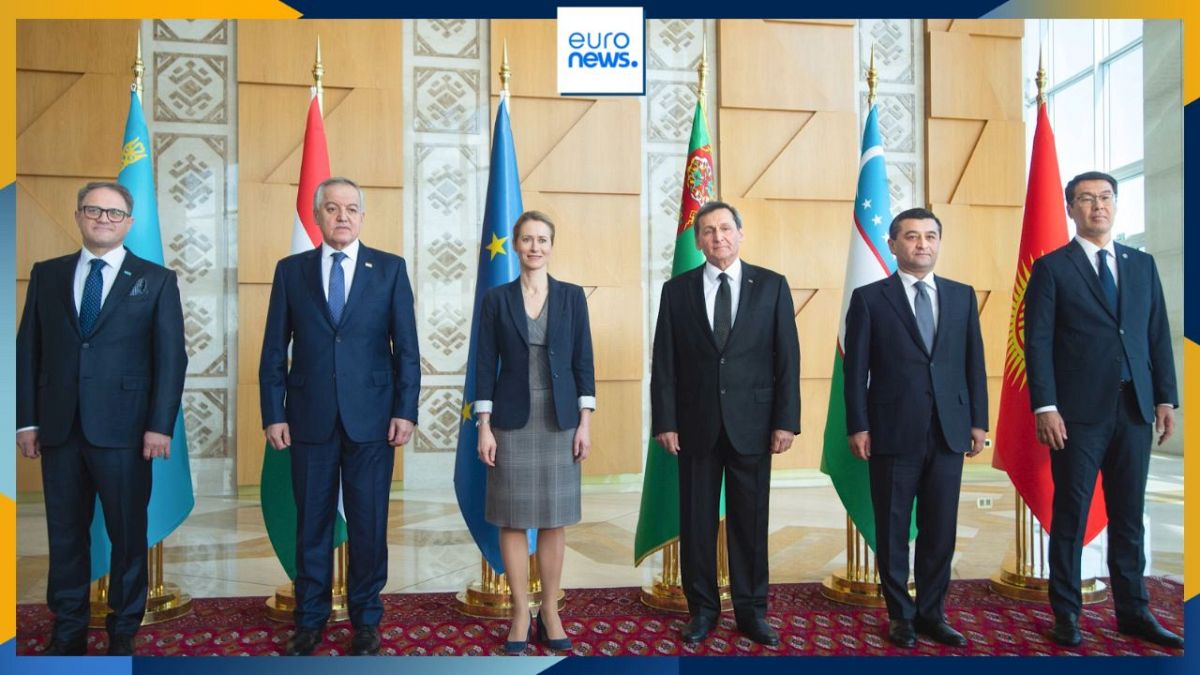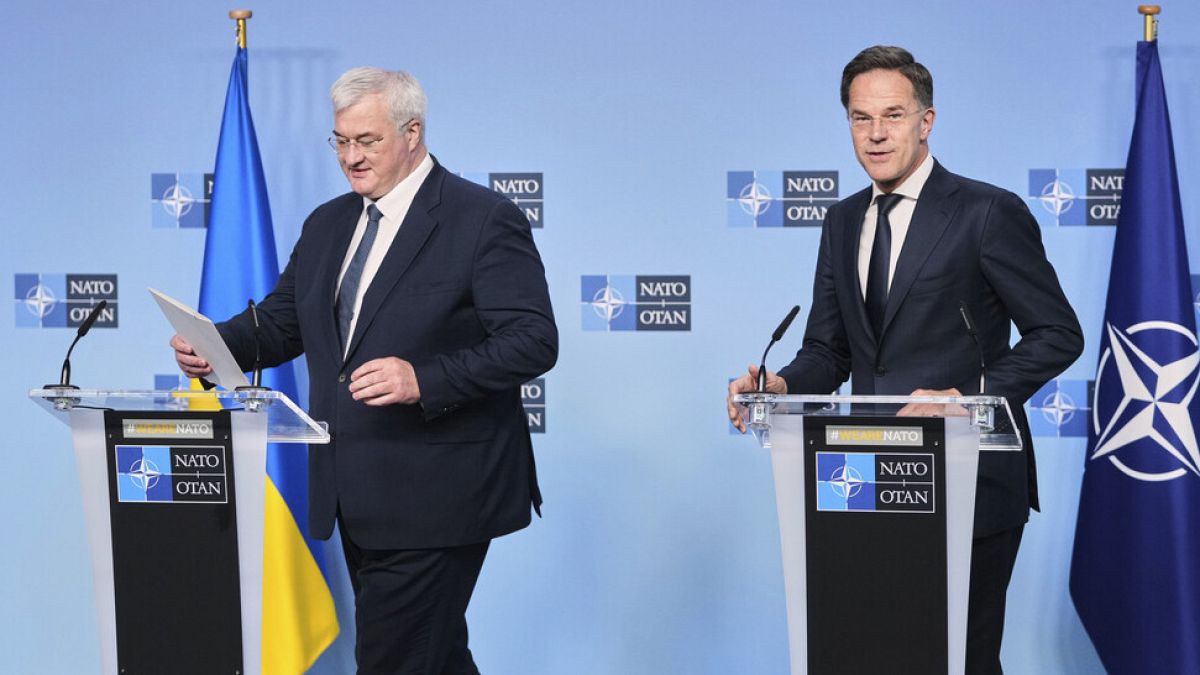As US President Donald Trump ramped up a trade war with virtually every country on Earth on Wednesday, including a territory inhabited solely by penguins, market uncertainty sent the stocks of Big Tech companies tumbling in major losses.
Stocks for Meta, Nvidia, Apple, and Amazon fell between 5 and 13 per cent in the aftermath of Trump’s announcement, according to Google financial data.
While some have already taken a hit, other companies may avoid the worst of the fallout from his announcement.
Here are two tech-heavy industries that come out in very different positions after Trump’s "Liberation Day" tariffs.
Winners: Semiconductors (and AI)
One of the clear-cut exemptions from Trump’s broad new tariffs plan is the semiconductor industry, according to a fact sheet distributed by his administration.
That means that the Taiwan Semiconductor Manufacturing Company (TSMC), a major player in the artificial intelligence (AI) sector, is exempt from the 32 per cent tariffs levied against Taiwan.
The company supplies semiconductor chips to American companies driving the AI boom, like NVIDIA, who then give OpenAI and Google the computation power they need to run their chatbots.
It could also mean that Dutch giant ASML, a supplier of equipment needed for the semiconductor industry to manufacture its chips, could also be exempt from the 20 per cent blanket tariff on EU-made goods.
Euronews Next reached out to TSMC and ASML to gauge their reaction to the tariff exemptions.
We did not receive an immediate reply from ASML, while TSMC declined to comment.
TSMC announced earlier this month that it would expand its investment in the US by $100 billion (€90 billion) for three new fabs, advanced packing facilities, and a research and development centre in Arizona, bringing its total investment in the country to $165 billion (€148.57 billion).
The White House described the move as the "largest foreign direct investment in US history".
In a foreshadowing of Wednesday’s announcement, ASML predicted in December in comments to business magazine Fortune that US tariffs would have little impact on the company’s financial outlook for 2025.
Losers: E-commerce
Trump signed an executive order on Wednesday at the same time as introducing the tariffs, ending a trade loophole for packages coming from China and Hong Kong from e-commerce giants like Shein, Temu, and Amazon.
The de minimis exemption allowed the Chinese shopping giants to send packages directly to American consumers that are worth less than $800 (€720) without having to pay duties.
Now, the executive order subjects any of these goods to a 30 per cent duty rate or $25 (€22.51) per item, which will increase to $50 (€45.02) per item by June 1.
Trump’s executive order also accuses the Chinese of using “deceptive shipping practices,” and “hiding illicit substances” like opioids in their packaging.
“While the US previously offered a generous de minimis exemption, China enforces strict import restrictions … showing no similar leniency toward US shipments,” the order says.
Under this loophole, Chinese sellers have increased their market share on Amazon to more than 50 per cent with American sellers representing roughly 45 per cent, according to research from Marketplace Pulse.
Amazon also recently launched a division of their site for low-cost, made-in-China products to compete with Temu and Shein.
Euronews Next reached out to Amazon for a reaction to the tariffs put in place but did not receive it at the time of publication.

 18 hours ago
1
18 hours ago
1






 We deliver critical software at unparalleled value and speed to help your business thrive
We deliver critical software at unparalleled value and speed to help your business thrive






 English (US) ·
English (US) ·